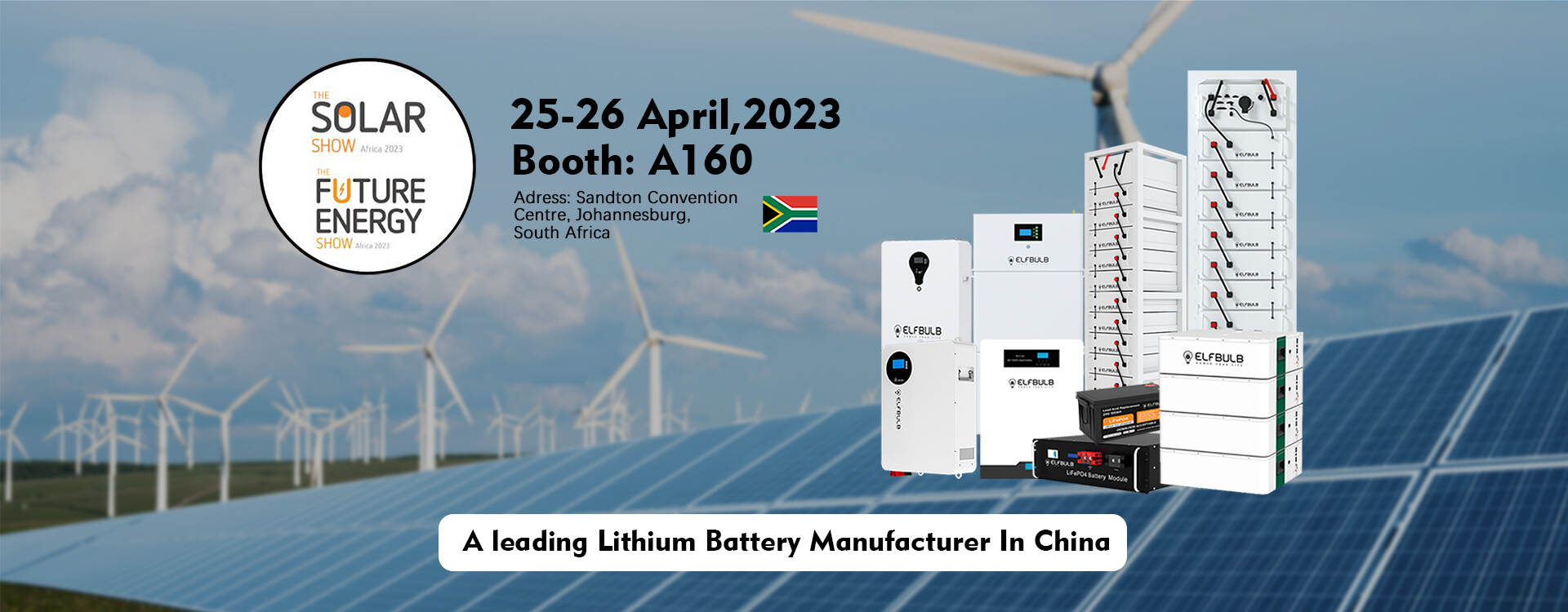How EVE Battery Cells are Revolutionising the Renewable Energy Sector
July 31,2023
Introduction
Renewable energy has become a hot topic in recent years as the world seeks to reduce its reliance on fossil fuels and combat climate change. One of the key challenges in the renewable energy sector has been the storage of energy generated from sources such as solar and wind power. This is where EVE battery cells come in, revolutionising the way we store and utilise renewable energy.

Advantages of EVE Battery Cells
EVE battery cells are advanced lithium-ion batteries that have been specifically designed for renewable energy applications. These batteries are known for their high energy density, long cycle life, and excellent performance in extreme temperatures. They are also highly efficient, allowing for maximum energy storage and utilisation.
Storing Large Amounts of Energy
One of the main advantages of EVE battery cells is their ability to store large amounts of energy. This is crucial for renewable energy systems, as the energy generated from sources such as solar and wind power can fluctuate depending on weather conditions. With EVE battery cells, excess energy can be stored during periods of high generation and used during times of low generation, ensuring a steady and reliable power supply.
Long Cycle Life
Another key benefit of EVE battery cells is their long cycle life. Traditional lead-acid batteries, which have been widely used in renewable energy systems, tend to have a limited lifespan and require frequent replacement. EVE battery cells, on the other hand, can last for thousands of cycles, significantly reducing maintenance and replacement costs.
High Efficiency
Furthermore, EVE battery cells are highly efficient, allowing for maximum energy storage and utilisation. This means that a higher percentage of the energy generated from renewable sources can be stored and used, reducing waste and increasing overall system efficiency. This is particularly important in remote areas or off-grid systems, where energy resources are limited and every bit of energy counts.
Environmental Friendliness
In addition to their technical advantages, EVE battery cells are also environmentally friendly. As lithium-ion batteries, they do not emit greenhouse gases or other harmful pollutants during operation. This is in stark contrast to traditional fossil fuel power plants, which release large amounts of carbon dioxide and other pollutants into the atmosphere. By using EVE battery cells in renewable energy systems, we can significantly reduce our carbon footprint and contribute to a cleaner and more sustainable future.
Impact on the Renewable Energy Sector
The impact of EVE battery cells on the renewable energy sector has been significant. They have enabled the widespread adoption of renewable energy systems, making them more reliable and cost-effective. This has led to an increase in the deployment of solar and wind power plants, as well as the development of innovative energy storage solutions.
Challenges and Future Developments
However, there are still challenges to overcome. The cost of EVE battery cells remains relatively high compared to traditional lead-acid batteries, making them less accessible for some applications. Additionally, the production and disposal of lithium-ion batteries raise concerns about resource depletion and environmental impact. Efforts are being made to address these issues through research and development as well as recycling programmes.
Conclusion
In conclusion, EVE battery cells are revolutionising the renewable energy sector by providing efficient, long-lasting, and environmentally friendly energy storage solutions. They have enabled the widespread adoption of renewable energy systems, reducing our reliance on fossil fuels and contributing to a cleaner and more sustainable future. While challenges remain, the continued development and deployment of EVE battery cells will undoubtedly play a crucial role in the transition to a renewable energy-powered world.